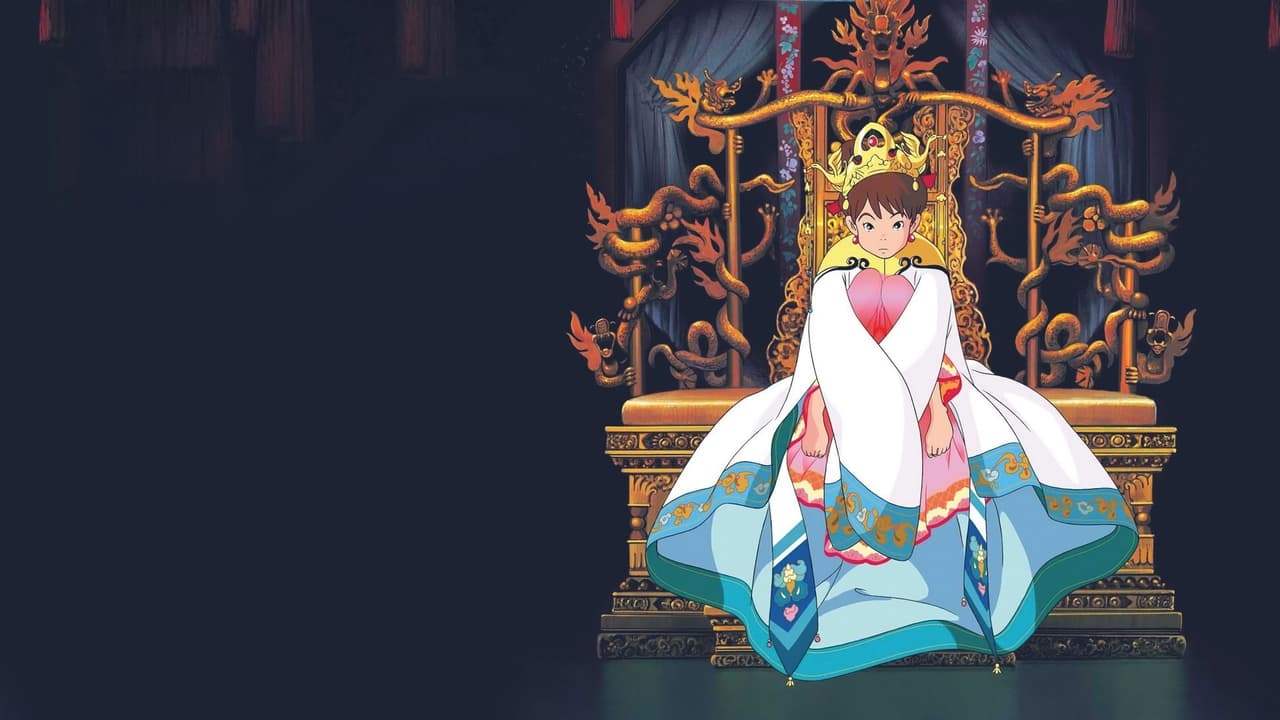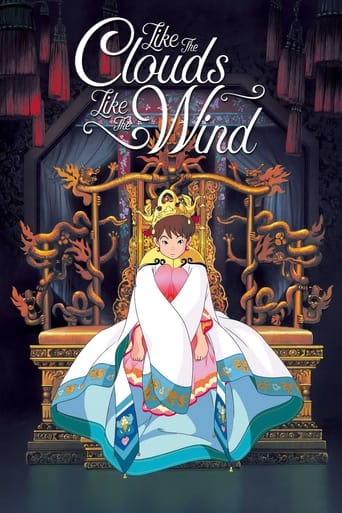Huievest
Instead, you get a movie that's enjoyable enough, but leaves you feeling like it could have been much, much more.
SeeQuant
Blending excellent reporting and strong storytelling, this is a disturbing film truly stranger than fiction
Dirtylogy
It's funny, it's tense, it features two great performances from two actors and the director expertly creates a web of odd tension where you actually don't know what is happening for the majority of the run time.
Gary
The movie's not perfect, but it sticks the landing of its message. It was engaging - thrilling at times - and I personally thought it was a great time.
victor-serge
During the 'dull, meandering' scenes people have mentioned, the film was laying out its politics, which I thought were great. This is the only anime I've seen where characters say it's natural for a man to love a man, or a woman to love a woman. And there's whole lot of cross-dressing and gender-bending going on, which Ginga treats as completely normal. I think this is a great anime for kids, which will counter some of the rigid masculine & feminine gender stereotypes so prevalent in most anime movies.There's also an interesting treatment of power politics. It's saying political power isn't worth it for its own sake, and it will destroy all who try to achieve it. So, although it's a film about a battle for the dynasty, it's a variation on the old "power corrupts" maxim. Which is, I think, another very positive message.
leokitty-2
Ginga is a simple—yet energetic—country girl, living with her father far from the capital city of the empire. When she learns of an opportunity to become a concubine of the young new Emperor, with the possibility of becoming his head wife in charge of all of the other wives, Ginga convinces her father to let her go. Once there, she meets all of the other potential head wives, each of whom have various reasons for being there. All of them must learn to read and write, learn the history of their country, and learn the proper mannerisms for being in the royal court.Ginga's enthusiasm tends to get her in trouble more often than not, but it works to her advantage when they learn that the former emperor's head wife, who is not the mother of the current emperor, is plotting treachery against the new emperor, and that a rebellion is headed toward the capital.
dbborroughs
First off - this film was not made by Studio Ghibli even though some sources list as such. The film has creative people in common with Ghibli so the film looks and feels like it might be part of the work of that studio.This is the story of Ginga who rises from commoner to the first wife of the Emperor. She's a strong willed young woman, perhaps thirteen or fourteen, who stands out among all of the women brought to the palace to compete for the first spot. Add to it court intrigue and a rebellion and you have a potent mix.... ...or would if it didn't sort of wander into too many places for a 78 minute movie. The problem is that there is too much going on with too many characters that get the short end of the stick. I also question a couple of turns in the plot that seem intentionally bleak. For me there was a sense that it was about something in the minds of those who made it but it didn't reach the screen.The film looks good, although its not quite as lush as the Ghibli films its confused with.I give it five out of ten but that's probably a bit too generous for a rather bland film with some really great moments.
El_Burro
This Movie was really worth its time - While the coloring of the clothes and other spaces may seem a little "flat" from time to time, the backgrounds, especially the grass and the palace buildings, were really well done. Still, this is no sen to chihiro or porco rosso, so, if only for its visual aspect, I wouldn't give more than maybe 8/10 - very good, especially for `89, but not at the top. Why did I still give it 10/10? Well, first, I wasn't sure If I should give 9 or 10, but this movie with its sad tone of come and go just hit right onto my mood - which made me turn to the 10. *Spoilers* First we see Grass, then a palace in ruins, then the story itself begins with the old emperors death, following the order of his few hundred wives being sent home. Now, his son needs to find a wife as fast as possible, to regain control over both Palace an Country. The eunuchs are beeing sent out, and several hundred young women start their training in the inner Palace. As 6 months go by, Only Ginga, the main character(a 13[?] year old girl) and a few others are left, and they marry the emperor, with Ginga as his first wife. But a rebellion starts, exploiting the emperors weakness - to make it short, the rebellion succeeds, the emperor kills himself, just after having sex with ginga once, the wives flee, and Gingas son will have to reunite the country some decades later...then, we go back to a destroyed palace, and the wide open grass in the wind. This circle of death and rebirth is the overall story of the movie, the underlying motive. I do not know much(if anything) about asian history, so I have not the slightest idea if these wars actually took place - given the fact that exact dates are being used, this is very well possible. To sum it up: No Hayao , But Akira Myazaki is close enough to it ;) The mood is not as sad as Hotaru no haka, due to the heavy use of funny scenes, but if you think about it, its no comedy either.

